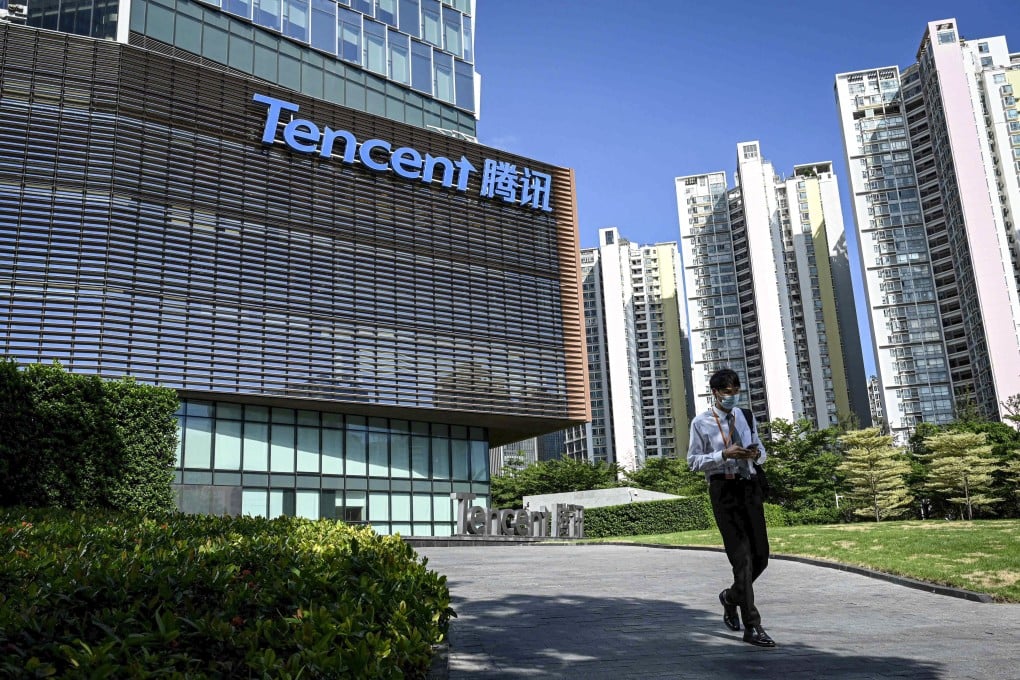Tencent says no ‘external pressure’ to divest as it is dogged by reports on paring back sprawling portfolio
- Tencent said it does not set divestment targets and previous offloading of JD.com and Sea shares were the result of over-performing stocks
- The company has faced multiple media reports and speculation that it might reduce holdings in Big Tech firms like Meituan to avoid antitrust scrutiny

“We don’t have any target amounts for divestments,” Tencent said in a statement on Thursday. “We have always invested with the goal of generating strong returns for our company and shareholders, not according to any arbitrary timeline or target. Nor have we received any external pressure regarding our investment portfolio.”
The Shenzhen-based company, China’s most highly valued technology firm that is known as “owning half of the mountains and rivers” in the domestic industry, issued the statement in response to a report from the Financial Times. The newspaper reported that the company planned to divest about 100 billion yuan (US$14.5 billion) of its US$88 billion listed equity portfolio in 2022, citing anonymous sources.
“Our most recent divestments, JD.com and Sea, were over-performing and generated many multiples on our initial investment,” Tencent said in its statement, adding that it will continue to make investment decisions “independently and in the best interest of our shareholders over the long term”.